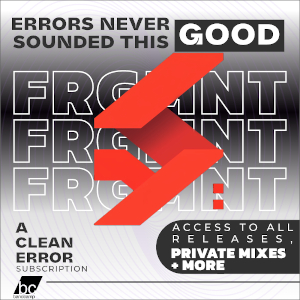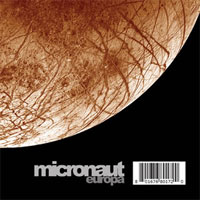
(03.03.05) Chris Randall is busy circling Jupiter, making landfall on each of the
moons with his Micronaut project. The latest place he’s explored is
Europa and, contrary to the big beat landscape of Io and the
jungle-inflected surface of Ganymede, he’s found the ruins of lost
civilizations and ancient waterways on Europa. He’s found material
for cinematic soundtracks; Europa is awash with a plethora of styles,
an amalgamation of sound that builds from drum and bass, classical
overture, moody electronica, dark ambience, and funky organic melodies
into, well, a construct that has all sorts of echoes to the past while
clearly all a-glitter with futurism.
The closest landmarks are the modern electronic soundtracks of Craig
Armstrong and David Holmes, though Randall lifts what he wants from
Armstrong’s classical emphasis and Holmes’ man on the street funk vibe
and injects these elements with his recognizably sinuous energy,
giving songs like “Mister Tronic” — a textured accompaniment to the
city streets at 4am filled with steam and the rumbling passage of
delivery trucks — a rolling slipperiness, a finger-snapping beat that
makes you not the crazy fool with no place to go at that time of day
but the restless outsider out for a prowl while the rest of the world
lies dead in their beds. Miguel Turnazas provides the guitar work in
“Crass But True,” channeling David Gilmour over a percolating bed of
dark synths and twisting electronics. “Failsafe” skitters with drum
‘n’ bass rhythms while Turnazas’ guitar and Randall’s synthesizers
perform a mincing duel to the death, while “Calculate” gets down with
a Bill Laswell-ian bass rhythm and a tight drum kit, forcing guitar
and synthesizer to play nice together in accordance with the first law
of funk: touch them in that special place that makes their butts
wiggle.
Turnazas does a looping, echoing fuzz box guitar thing for
“Uncompressed,” releasing waves of sound that resonate with too many
hours of listening to Pink Floyd records while Randall builds layers
of beats and tones over the guitar work. They’re in no hurry,
building a track that is on the long road to trance nation and, just
as they arrive, the whole construct collapses into a Middle Eastern
drum explosion as if Amir Baghiri just stormed the studio. But,
actually, he’s been invited and they all take off together into outer
space for the rousing climax of the song.
Randall, who began as and still is the man behind Sister Machine Gun,
understands the power of the industrial fusion guitar, the snarling
sound of an ax being overloaded with feedback and angst and delivers
such a beast on “Sneer.” Following the elegiac and stunning
“Darkness,” a track aching with cello (provided by Mike Fisher of
Amish Rake Fight), Randall limps in a static-edged drum rhythm, a
wandering beat that doesn’t quite have the necessary self-confidence
to take the stage by itself. It’s waiting for the guitar, you see,
waiting for that noisy soloist who struts the stage, writhing beneath
his instrument, making love to all the girls in the first eight rows.
Oh yes, “Sneer” it is, and I snapped the knob off on my CD player
popping the volume to eleven when the first chorus hit.
If Roger Waters wanted to do a funky electronic record that would have
some relevance with a generation younger than his, he’d do well to
give Chris Randall a call. “Chris, my man,” he’d ask, “How do I find
it? Where’s the pulse?” And Randall would simply say, “It’s in your
chakras, pal. You can pick just one or you can do as I do: light ’em
all up.” Europa is a landmark record for Chris Randall. In much the
same way that Burn consolidated the previous Sister Machine Gun
records and broke through to a new level, Europa is a whole new world
for Micronaut. It’s a long time until the Best Of lists at the end of
the year, and I’ll bet I’ll have worn all the ‘1’s and ‘0’s off my
copy of Europa by then.
Europa is out now on Positron.







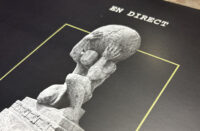
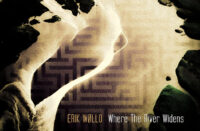


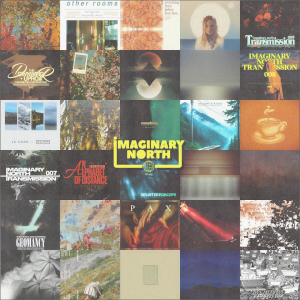







![Romanowitch :: A critical season substitute (glitch.cool) — [concise]](https://igloomag.com/wp/wp-content/uploads/2025/03/romanowitch-a-critical-season-substitute_tape_feat-75x75.jpg)

